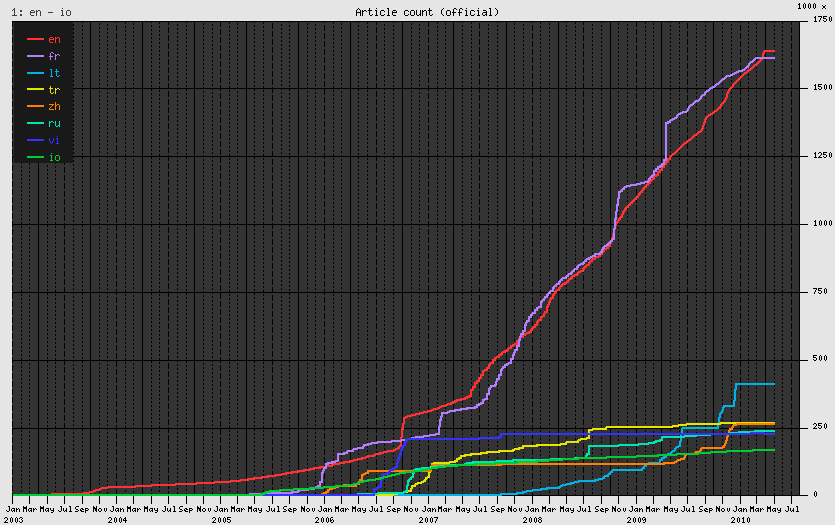|
Orgoglio
Orgoglio is a literary character in Edmund Spenser's famous epic ''The Faerie Queene''. He appears in the seventh canto of Book One as a beast and attacks the main character, Redcrosse, who symbolizes the ultimate Christian knight, during a moment of weakness. "Orgoglio" means "pride" in Italian. In chapter IX of ''Waverley'', by Sir Walter Scott, the manor of Bradwardyne is compared to the castle of Orgoglio. References * * * SparkNotes * Wiktionary Wiktionary ( , , rhyming with "dictionary") is a multilingual, web-based project to create a free content dictionary of terms (including words, phrases, proverbs, linguistic reconstructions, etc.) in all natural languages and in a number ... Further reading * * * The Faerie Queene Characters in epic poems English giants {{lit-char-stub ... [...More Info...] [...Related Items...] OR: [Wikipedia] [Google] [Baidu] |
The Faerie Queene
''The Faerie Queene'' is an English epic poem by Edmund Spenser. Books IIII were first published in 1590, then republished in 1596 together with books IVVI. ''The Faerie Queene'' is notable for its form: at over 36,000 lines and over 4,000 stanzas it is one of the longest poems in the English language; it is also the work in which Spenser invented the verse form known as the Spenserian stanza. On a literal level, the poem follows several knights as a means to examine different virtues, and though the text is primarily an allegorical work, it can be read on several levels of allegory, including as praise (or, later, criticism) of Queen Elizabeth I. In Spenser's "Letter of the Authors", he states that the entire epic poem is "cloudily enwrapped in Allegorical devices", and that the aim of publishing ''The Faerie Queene'' was to "fashion a gentleman or noble person in virtuous and gentle discipline". Spenser presented the first three books of ''The Faerie Queene'' to Elizabeth I ... [...More Info...] [...Related Items...] OR: [Wikipedia] [Google] [Baidu] |
Edmund Spenser
Edmund Spenser (; 1552/1553 – 13 January 1599) was an English poet best known for ''The Faerie Queene'', an epic poem and fantastical allegory celebrating the Tudor dynasty and Elizabeth I. He is recognized as one of the premier craftsmen of nascent Modern English verse and is often considered one of the greatest poets in the English language. Life Edmund Spenser was born in East Smithfield, London, around the year 1552; however, there is still some ambiguity as to the exact date of his birth. His parenthood is obscure, but he was probably the son of John Spenser, a journeyman clothmaker. As a young boy, he was educated in London at the Merchant Taylors' School and matriculated as a sizar at Pembroke College, Cambridge. While at Cambridge he became a friend of Gabriel Harvey and later consulted him, despite their differing views on poetry. In 1578, he became for a short time secretary to John Young, Bishop of Rochester. In 1579, he published ''The Shepheardes Calender'' and ... [...More Info...] [...Related Items...] OR: [Wikipedia] [Google] [Baidu] |
Waverley (novel)
''Waverley; or, 'Tis Sixty Years Since'' is a historical novel by Walter Scott (1771–1832). Scott was already famous as a poet, and chose to publish it anonymously in 1814 as his first venture into prose fiction. It is often regarded as one of the first historical novels in the Western tradition. Edward Waverley, an English gentleman of honour, chooses an occupation in the army at the time just before the Jacobite uprising of 1745 on advice of his father. He has an officer's commission. On leave from army training, he visits friends of his family in Scotland, as he is not far from their place. He enjoys their Scottish hospitality. His head is full of the romantic notions of his unstructured education, including much reading, and he is startled to find himself in the midst of loyalists who support the return of the House of Stuart and the Stuart prince, known as Bonnie Prince Charlie and the Young Chevalier to his supporters and as the Younger Pretender to his foes. His honou ... [...More Info...] [...Related Items...] OR: [Wikipedia] [Google] [Baidu] |
Wiktionary
Wiktionary ( , , rhyming with "dictionary") is a multilingual, web-based project to create a free content dictionary of terms (including words, phrases, proverbs, linguistic reconstructions, etc.) in all natural languages and in a number of artificial languages. These entries may contain definitions, images for illustration, pronunciations, etymologies, inflections, usage examples, quotations, related terms, and translations of terms into other languages, among other features. It is collaboratively edited via a wiki. Its name is a portmanteau of the words ''wiki'' and ''dictionary''. It is available in languages and in Simple English. Like its sister project Wikipedia, Wiktionary is run by the Wikimedia Foundation, and is written collaboratively by volunteers, dubbed "Wiktionarians". Its wiki software, MediaWiki, allows almost anyone with access to the website to create and edit entries. Because Wiktionary is not limited by print space considerations, most of Wiktio ... [...More Info...] [...Related Items...] OR: [Wikipedia] [Google] [Baidu] |
Characters In Epic Poems
Character or Characters may refer to: Arts, entertainment, and media Literature * ''Character'' (novel), a 1936 Dutch novel by Ferdinand Bordewijk * ''Characters'' (Theophrastus), a classical Greek set of character sketches attributed to Theophrastus Music * ''Characters'' (John Abercrombie album), 1977 * ''Character'' (Dark Tranquillity album), 2005 * ''Character'' (Julia Kent album), 2013 * ''Character'' (Rachael Sage album), 2020 * ''Characters'' (Stevie Wonder album), 1987 Types of entity * Character (arts), an agent within a work of art, including literature, drama, cinema, opera, etc. * Character sketch or character, a literary description of a character type * Game character (other), various types of characters in a video game or role playing game ** Player character, as above but who is controlled or whose actions are directly chosen by a player ** Non-player character, as above but not player-controlled, frequently abbreviated as NPC Other uses in art ... [...More Info...] [...Related Items...] OR: [Wikipedia] [Google] [Baidu] |
.jpg)

.jpg)
